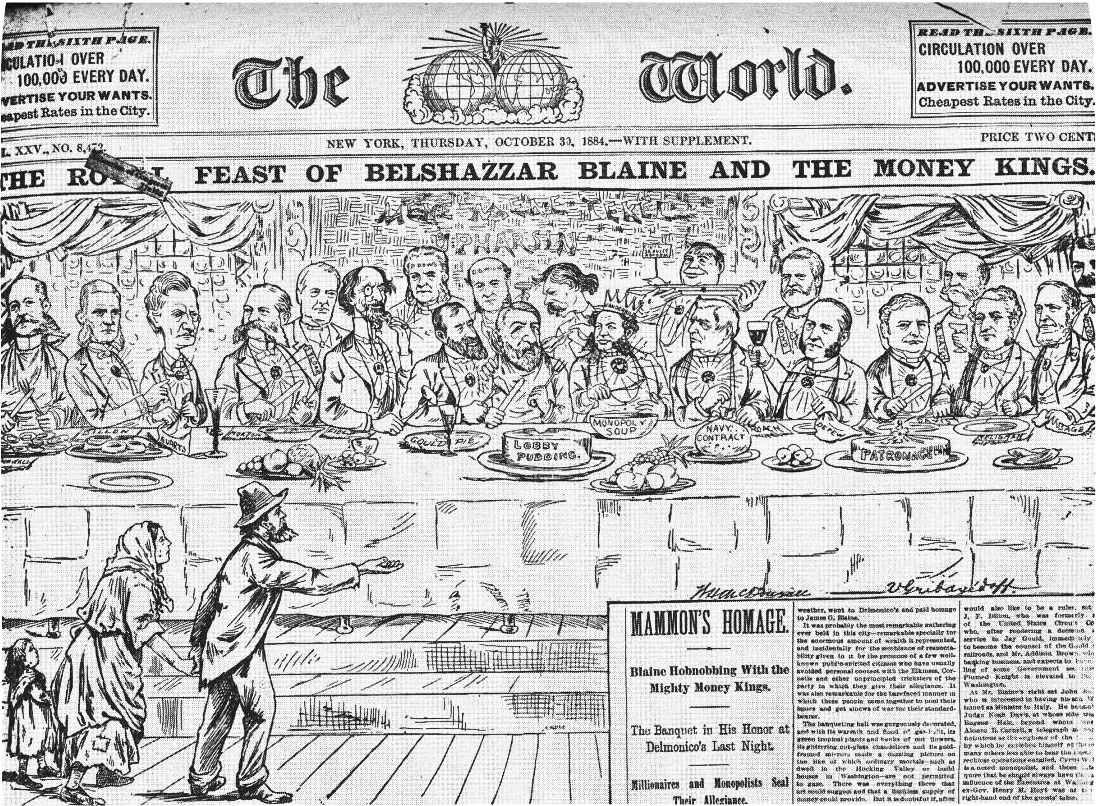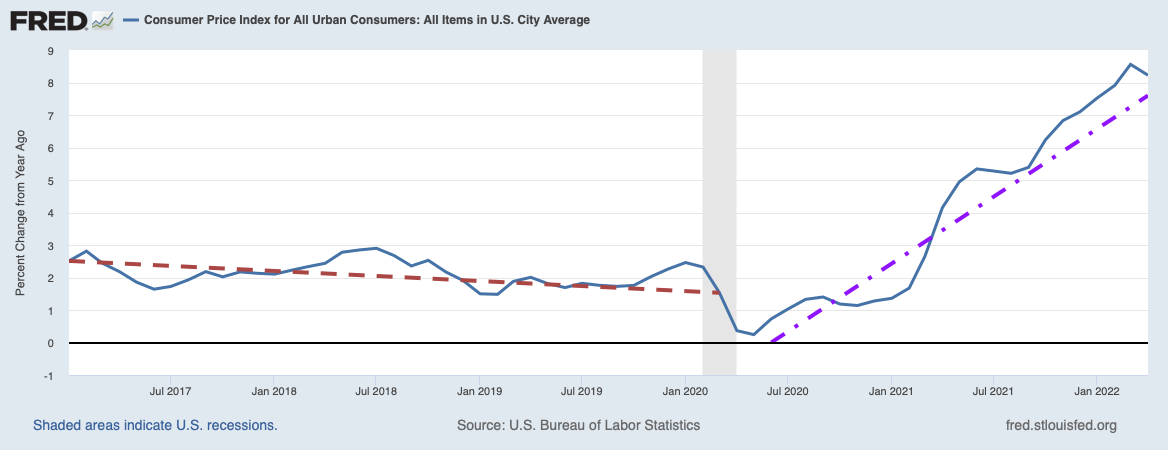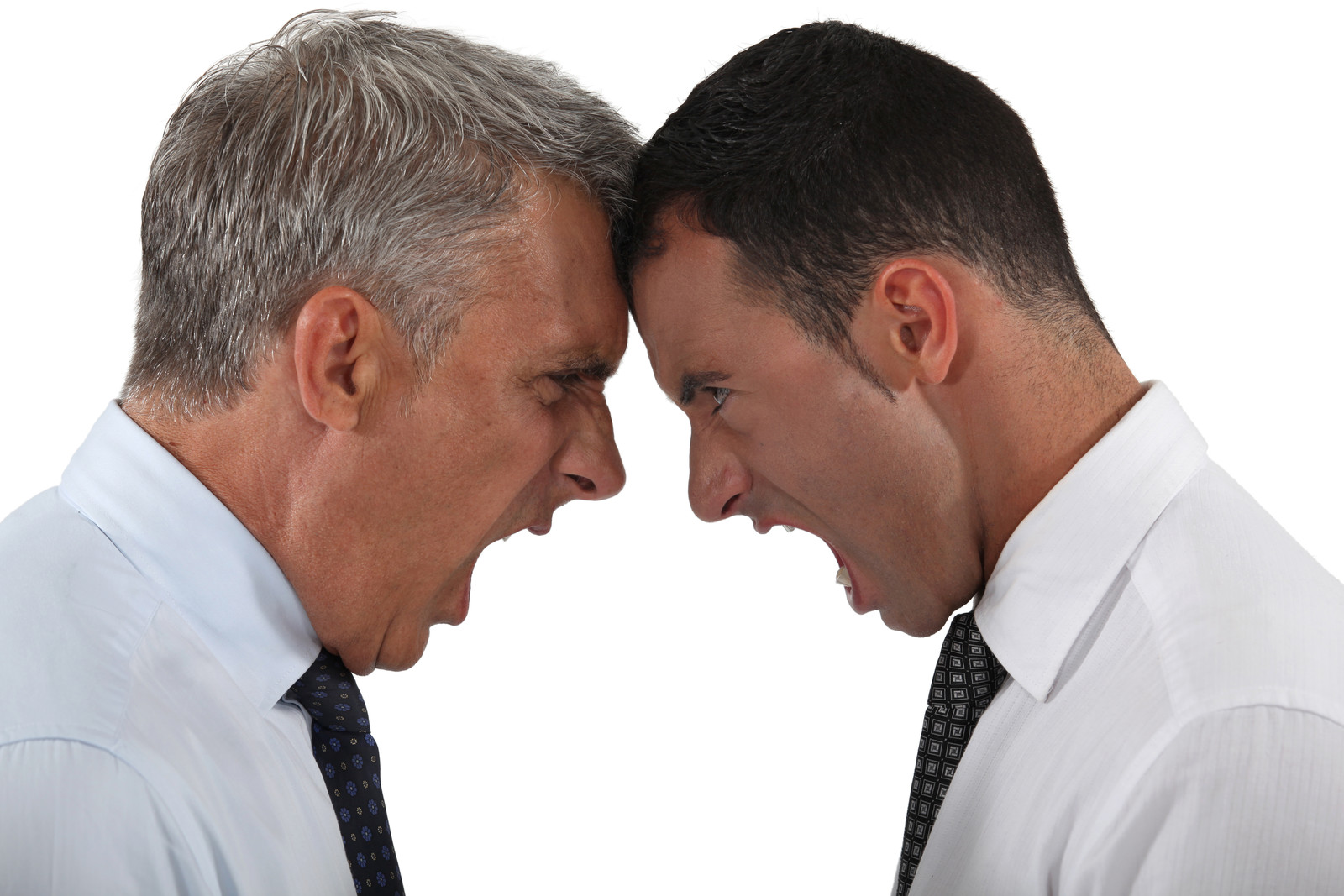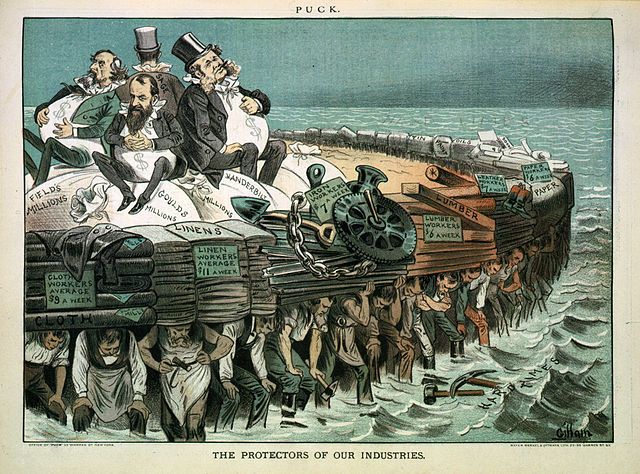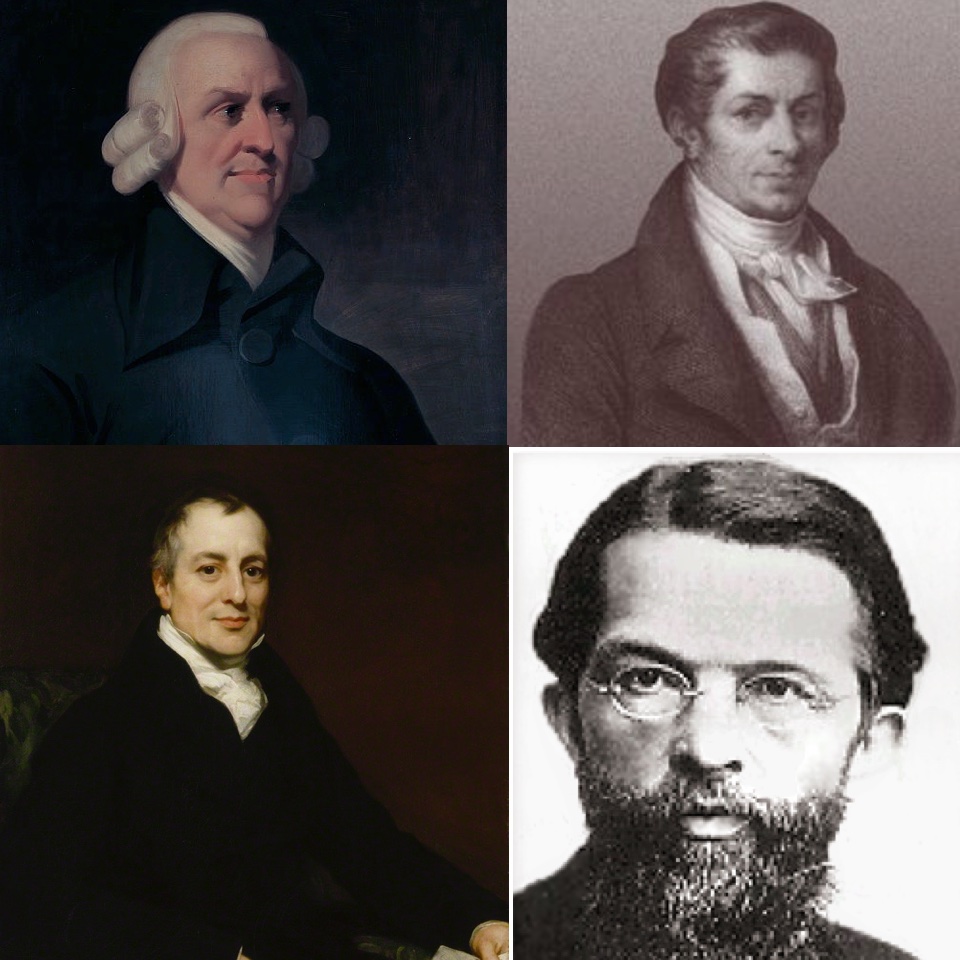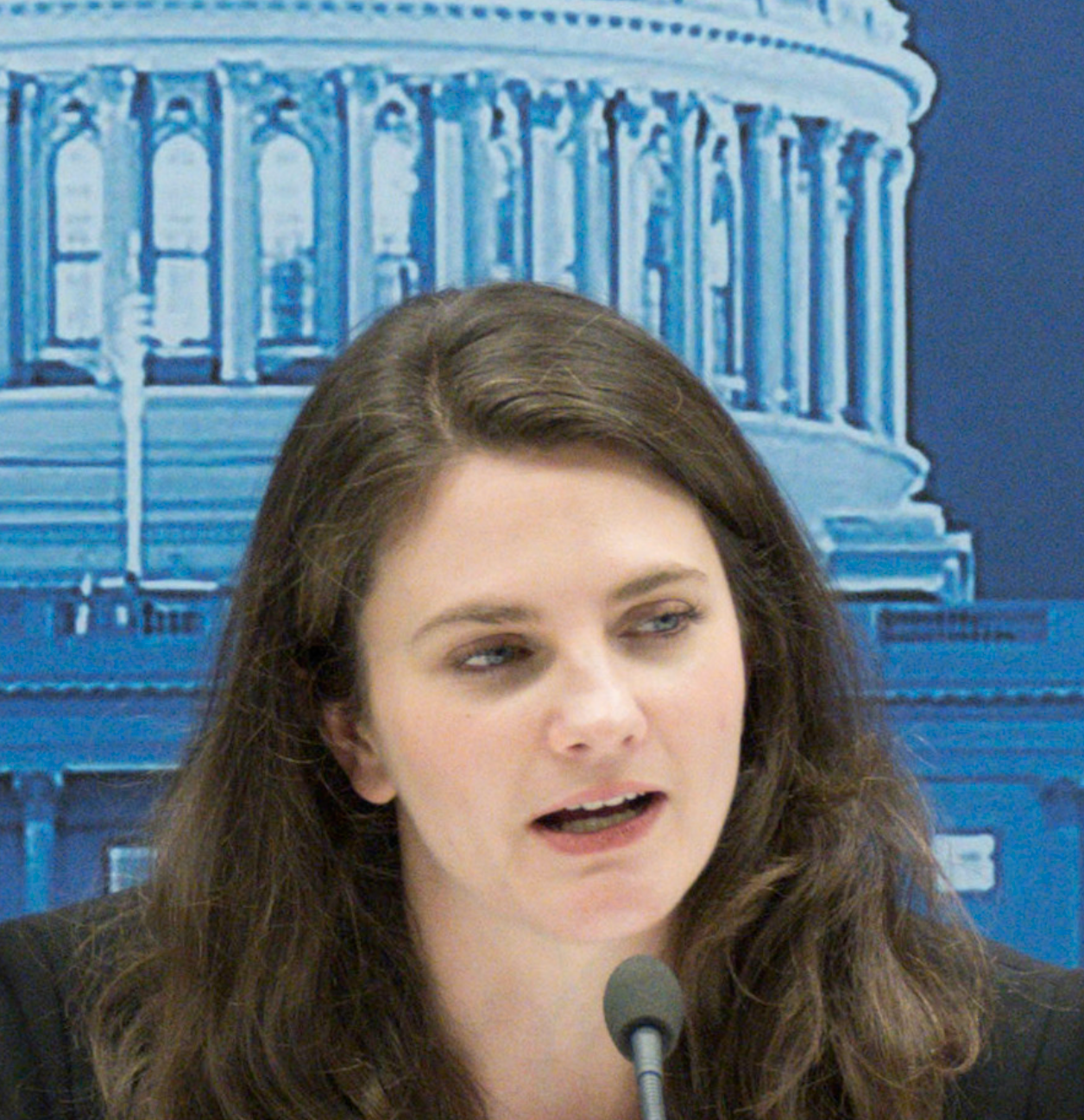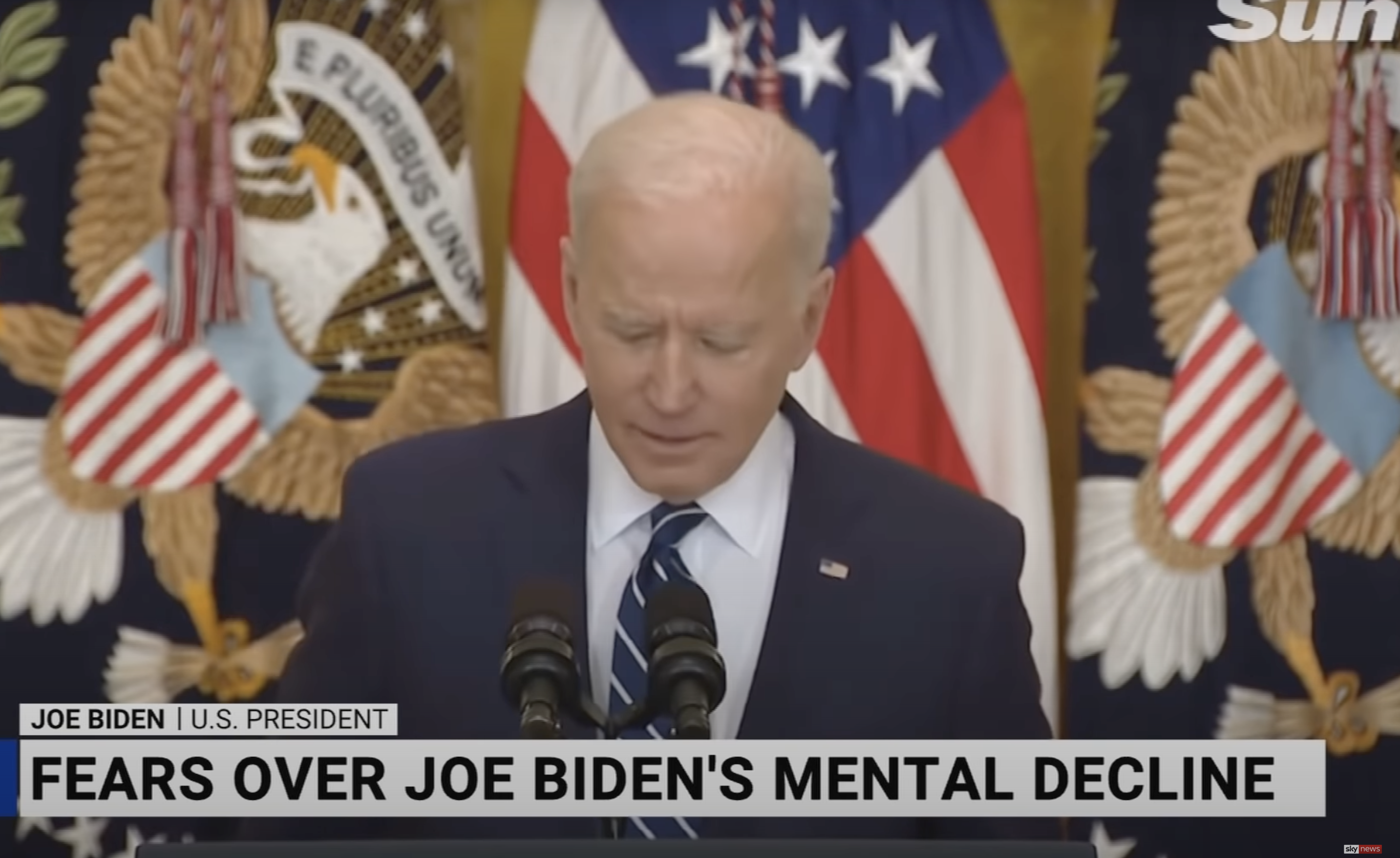The Ferguson Effect
Last week some news outlets took note of a big crime wave that began in Baltimore after six Baltimore police officers were indicted for the murder of Freddie Gray [See here and here and here and here]. A number of these outlets also noted that this situation is not isolated to Baltimore, but can be found in cities across the country, and they have given the phenomenon the sobriquet of “the Ferguson Effect”.
The Ferguson effect, named after the civil unrest following the police shooting of Michael Brown in Ferguson, Missouri, denotes a situation that starts with police shooting or killing an African-American (or in the case of Baltimore, in the death of the individual while in police custody), followed by riots, looting, and arson inspired by the shooting. Also associated with the effect is a reduction of police activity to suppress crime, which seems to be the cause of the crime wave that follows. In the words of the Baltimore Police union, following the indictments of six officers,
The criminals are taking advantage of the situation in Baltimore since the unrest. Criminals feel empowered now. There is no respect. Police are under siege in every quarter. They are more afraid of going to jail for doing their jobs properly than they are of getting shot on duty.
It is no wonder then that police officers might use heightened discretion in doing their duties to avoid being indicted themselves.
We have now seen a number of these kinds of situations, which seem to have begun with the Ferguson riot. In some of them, as in Ferguson, the police officers have been held blameless by prosecutors or by grand juries, who held that the officers were using justifiable deadly force in performing their duties. Such findings have generally not quieted the rioters protesting the police behavior, but often seems to enrage them further,
Why should this be? The crime waves caused by the Ferguson effect seem to be ending a decline in crime for about two decades. Heather MacDonald on the Wall Street Journal (access requires subscription) and Tyler Durden on the Zero Hedge blog have noted these changes due to the Ferguson effect.
- Milwaukee: Homicides increased 180% by May 17 over the same period last year.
- St, Louis: Shootings are up 39%, robberies are up 43%, and homicides 25% from a year ago.
- Atlanta: Homicides up 32%.
- Chicago: Shootings up 24%, homicides 17%.
- Los Angeles: Violent felonies up 25%.
- New York: Murder increased 13%, other gun violence is up 7%.
MacDonald reported that this phenomenon only started in the second half of 2014. The first half of 2014 had continued a 20 year trend of falling crime, with a nation-wide drop in violent crime of 4.6% and a decrease of property crime of 7.5%.
What has changed over the past two years that could have altered the trajectory of falling crime over two decades? The only explanation I have heard is the drum-beat of criticism of the police inflaming the emotions of black communities. The police in reaction then become more circumspect in their duties to avoid being prosecuted. A crime wave then immediately follows. The question then automatically arises of how this critical drum-beat could have started.
The most visible sources of police criticism have been President Obama and his Attorney General Eric Holder, largely echoed by the main stream media. In at least two cases, Ferguson and Baltimore, the Department of Justice has investigated the police departments for violations of civil rights law. So far I know of no prosecutions initiated by the Justice Department in these situations.
These situations have the feel of an incipient, long-lasting, and very consequential political issue. The political Left and Right have divergent views of reality concerning the current causes of black Americans’ problems, and in the role of police in society. I am sure we will revisit it again.
Views: 3,383






















